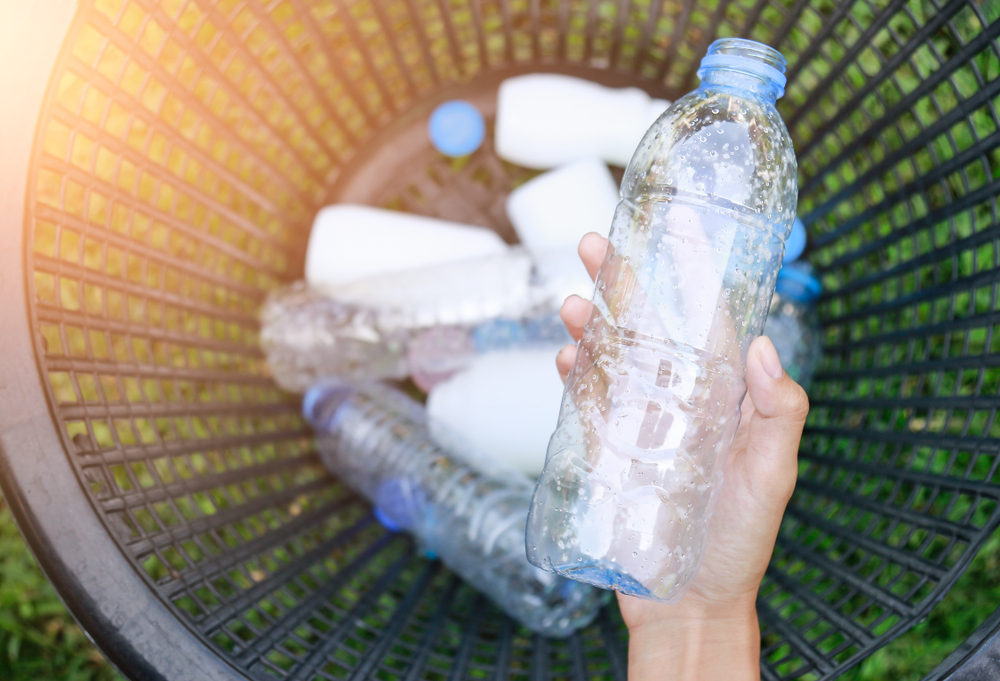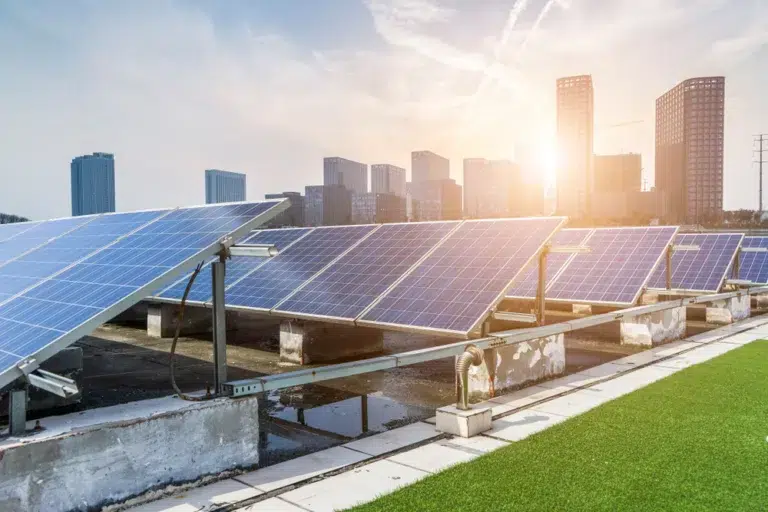Embracing plastic-free living: Steps towards a sustainable future
Embracing this lifestyle through conscious choices benefits the environment, health, communities, and well-being

Living a plastic-free life may seem daunting, but there are steps that can be taken to reduce plastic consumption and be more environmentally conscious. Reader’s Digest suggests that, while completely eliminating plastic may be unrealistic for most people, focusing on the circular economy concept can help.
This involves reducing material use, reusing items, and recycling waste to manufacture new materials and products. Start by making small choices, such as upcycling plastic items before discarding them and responsibly disposing of items that have reached the end of their lifespan.
Be mindful while shopping, opting for reusable produce bags, buying from sustainable fashion brands, and seeking second-hand or local sources. When purchasing new items, prioritise those with minimal environmental impact in terms of packaging and materials. By adopting a “plastic conscious” approach, anyone can contribute to a more sustainable future.
Related: Living sustainably and responsibly for our future and our children’s future
Sustainable development magazine The Mindful Marketplace noted how plastic-free living offers a multitude of benefits for the environment, health, local communities, and well-being. By making small adjustments to daily habits and reducing plastic use, individuals can have a significant impact on creating a healthier and more sustainable future. Plastic pollution harms the environment, wildlife, and oceans, so minimising plastic waste helps protect ecosystems and biodiversity.
It also reduces waste generation, promotes recycling and sustainable business practices, supports local economies, and encourages responsible consumption. Plastic-free living has positive effects on mental health, promotes awareness, fosters community involvement, and simplifies life.
The lifestyle also leads to better product quality, supports ethical companies, conserves resources, and reduces carbon footprint. By embracing plastic-free alternatives, individuals can make a positive difference and set a good example for future generations, ultimately contributing to a cleaner, greener, and more sustainable world.
The Property Report editors wrote this article. For more information, email: [email protected].
Recommended
Balancing growth and sustainability in Malaysia’s property market
The nation’s property market is stirring to life, fuelled by foreign buyers and major infrastructure drives
ARES White Paper Volume 3: The era of adaptive reinvention
Pioneering sustainable and innovative practices in urban development
ARES White Paper Volume 2: Unravelling the power of data revolution in real estate
Insights on proptech, smart cities, and sustainable development
ARES Digital White Paper Volume 1: The fundamentals of responsible building
Green and climate heroes join forces to discuss how Asia Pacific can weather the current environmental crises and the looming effects of climate change






